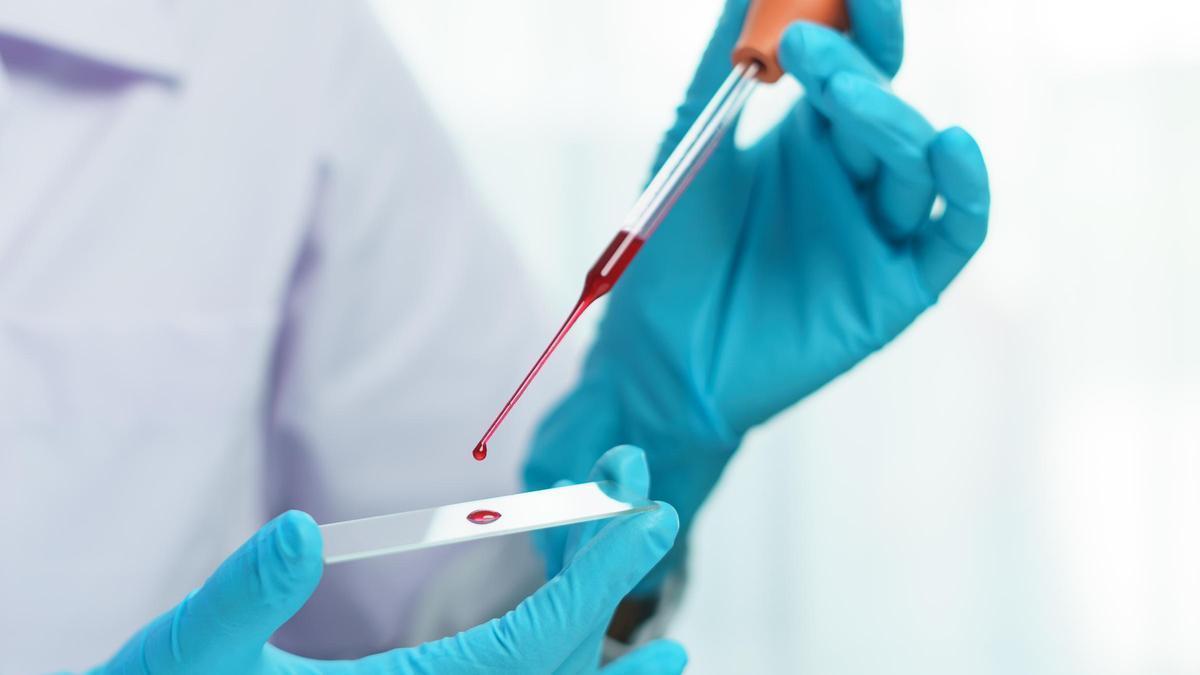The fight against Breast cancer continues to advance. This time, thanks to the work of a group of researchers from the Malaga Biomedical Research Institute and Nanomedicine Platform (IBIMA BIONAND Platform) who has taken another step in the early detection of this type of Cancer, which is the most common tumor in women and which is estimated to affect one in eight women.
It is a new methodology that, with just a blood sample, allows us to identify the response to treatments and make an early diagnosis of possible relapse of the disease. Therefore, this novel technique is presented to oncologists as a more effective tool for early intervention, before a relapse occurs obvious clinic.
Ultrasensitive monitoring
The study in question has been published in the scientific journal ‘npj Breast Cancer’ and its potential is based on increasing the volume of blood samples extracted in order to achieve a more precise identification of both the circulating tumor DNAl (ctDNA) as of the circulating tumor cells (CTCs) in patients with localized breast cancer. The objective of the investigation, as explained by Iñaki Comino himself, has focused on improve sensitivity and precision of ctDNA and CTCs testing.
“Ultrasensitive monitoring of response to treatments and early identification of cancer relapses can be crucial to increasing survival rates and improve the quality of life of patients,” said Dr. Comino, who insists that “with this new methodology, we have been able identify persistence of cancer of the breast even after the treatments established to eradicate the disease. In this sense, he highlights that this detection will allow for “more timely and personalized” clinical management of patients.
Extrapolable to other tumors
As explained by IBIMA in a statement, the implementation of this ultrasensitive methodology in clinical practice could improve the clinical perspective of patients with localized breast cancer who have not responded to primary treatments and may face a future relapse, since by detecting it early they will be able to perform a early intervention.
Likewise, one of the advantages of this discovery is that it uses a procedure minimally invasive such as the extraction of a blood sample. On the other hand, according to the researchers, it is a methodology with potential to be adapted to other types of cancerwhich expands its impact on modern oncology.
Patient trials
To carry out the study, we have had the participation of patients with early breast cancer, who had blood samples drawn periodically during their treatments. These samples were analyzed using advanced technologies that allow the detection of extremely low levels of ctDNA and CTCs. In this way, the presence of these components, and their evolution over time during treatment, allowed us to distinguish those patients who responded to it, as well as those who finally relapsed into the disease after surgery.
“This breakthrough is not only an achievement for our team, but also an example of how interdisciplinary collaboration and the use of cutting-edge technology “They can lead to discoveries that change lives,” Dr. Comino wanted to emphasize, who also stated that he felt “very satisfied to contribute a grain of sand in the transformation of the clinical management of breast cancer.”
On the other hand, to carry out this research, Dr. Comino has had Postdoctoral Assistance with the support of the Carmen Lavigne Award through the Spanish Association Against Cancer. Furthermore, this scientific publication is part of the project ‘Prevention and early detection of relapse in patients with breast cancer using blood samples’ carried out at the Institute thanks to the support of the Unicaja Foundation, along with two other research projects. in Oncology, all of them coordinated by Emilio Alba himself.

